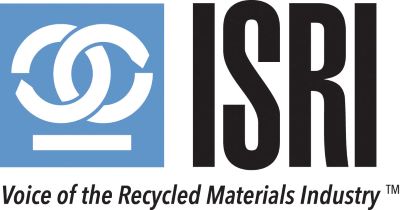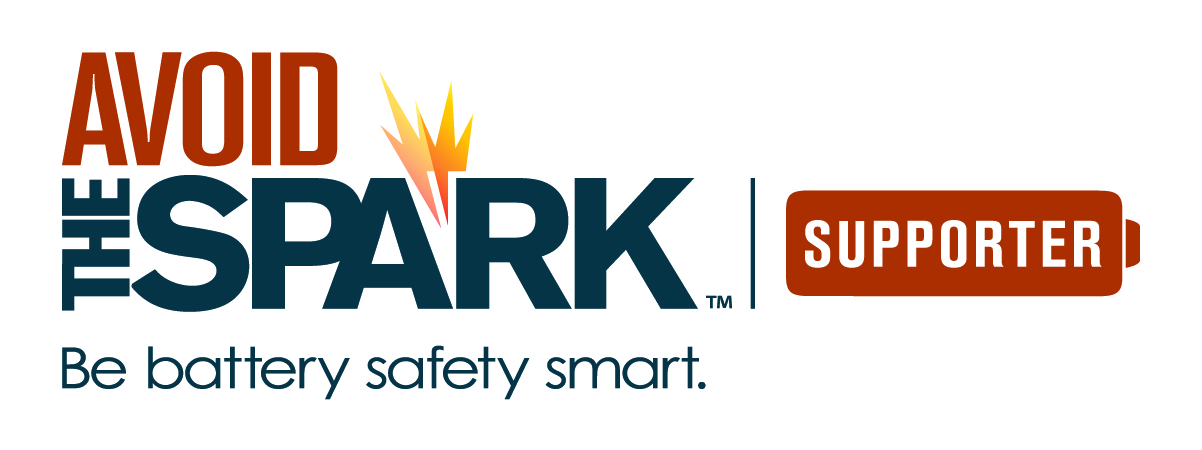Be Battery Smart
Batteries are everyday essentials.
Often overlooked, however, is the simple fact that batteries can be a hidden household hazard.
If improperly installed, charged, stored, used, damaged, or disposed of, some batteries can catch fire or explode, putting your family and others at risk. If swallowed, button and coin batteries can cause injuries and death.
Also often overlooked are the recycling opportunities for batteries - particularly rechargeable batteries including the most popular rechargeable - lithium-ion batteries.
To address these issues, DHEC - in partnership with the Institute of Scrap Recycling Industries (ISRI) - developed the "Take Charge! Be Battery Smart" outreach campaign to raise awareness of both the safety concerns and the recycling opportunities that are available and growing in number. Learn more about ISRI below.
Here are three essentials that you need to know to keep yourself, your family, and your home safe as well as protect other people, property, and the environment:
- Certain batteries require extra caution. Lithium-ion batteries, for example, are easy to puncture and can cause fires in garbage trucks and solid waste facilities – putting those workers as well as firefighters at risk. A 2021 study by the U.S. Environmental Protection Agency (EPA) revealed that, between 2013 and 2020, at least 245 fires at 64 solid waste facilities were caused or likely caused by lithium metal or lithium-ion batteries.
- Be aware of button or coin batteries. Commonly found in products including toys, these batteries pose deadly risks to children. If swallowed or placed in the nose or ears, they can cause serious injury or death. A recent study showed that a child 18 or under visited an emergency room every 75 minutes with a battery-related injury. Button batteries accounted for an estimated 85 percent of these cases. Learn about battery safety at home.
- Recycle batteries properly. South Carolina residents have several options with more recycling infrastructure on the way. Learn more about battery recycling.
The campaign also offers additional information and material including a Battery Identification Guide. Check the menu on the right side of this page for more resources.
About ISRI
ISRI, the Voice of the Recycling Industry™, is a non-profit trade association that represents more than 1,500 private and public companies that process, broker, and consume recycled material. ISRI’s associate members include equipment and service providers that market to the recycled material industry.
ISRI promotes safe, economically sustainable, and environmentally responsible recycling through networking, advocacy, and education. Overall, the association provides digital and print resources covering a wide range of issues including markets and research, safety, environmental, regulatory, and legal information relevant to the industry.
ISRI’s 2021 Economic Impact Study highlights the economic and environmental benefits of the U.S. recycling industry including:
- The industry’s nearly $117 billion contribution to the U.S. economy;
- More than 506,000 well-paying jobs directly and indirectly supported by recycling;
- The $35.70 billion in export related economic impact; and
- The 130 million metric tons of valuable recycled commodities processed annually.
Visit ISRI.org for more information.
Please note: The information provided is for household batteries only. Businesses must follow all requirements for both large and small quantity hazardous waste generators.



